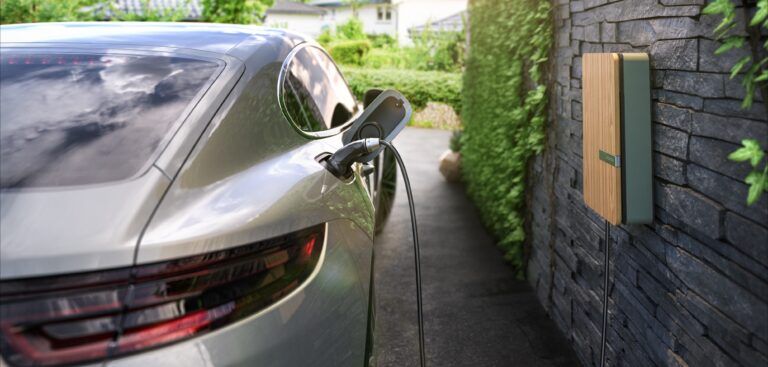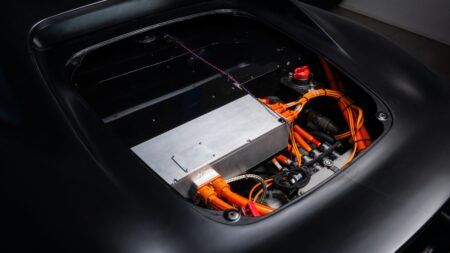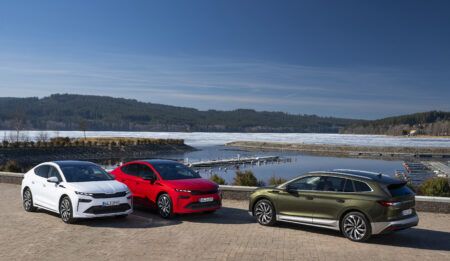If there’s good news to be had within the automotive industry at the moment it is that the electric vehicle market is booming, with a 132% increase over this year to May 2020, and by 2025 an expected one million EVs will be on UK roads. As a result, domestic charging is also set increase, with an estimated 350,000 UK homes having a charging system within the next five years.
Analysis of sales trends by Andersen, a British manufacturer and installer of high-end home charging points, has found that 362,270 wall boxes could be installed in UK driveways and garages over the next five years based on current installation rates, adding to the current crop of 120,000.
Andersen is predicting 2020 to be a tipping point for electric vehicle uptake, following January sales of EVs that were four times as high as the same period last year. This is compounded by a 66% drop in petrol vehicles, and a 54% drop in diesel, over the same period; triggered by the Government’s announcement in February that all petrol and diesel cars would be banned in the UK by 2035.
The low emissions charge is set to continue as the number of electric models on the market is predicted to rise from 60 to over 176 by the end of 2020. Recent changes to the UK vehicle excise duty system saw electric vehicles become exempt from benefit-in-kind tax, further enhancing their appeal for fleet buyers.
The EV market has demonstrated resilience in the new Covid-19 environment, illustrated by Andersen logging its record trading day in June 2020. Despite this, battery-electric vehicles and PHEVs have both increased year-on-year sales over the first quarter, a story mirrored across the globe, as one in seven new cars in Europe no longer just has a combustion engine4.
Jerome Faissat, commercial director of Andersen, said: “At Andersen, we’re in no doubt that electric vehicles are the future. As we move towards a new normal in the wake of the coronavirus, we’ve seen clear evidence that people want to change their habits so that they can move forward in a way that is more mindful. Over the past three months, pollution has fallen in our cities and we’ve enjoyed the cleanest air we’ve had in decades, and it’s inspired many to rethink the way they get around. We’re seeing people vote with their feet – as they make the switch to an electric car, bike or scooter.
“Going electric is more than an ethical choice. It’s a choice to embrace the future. Our message is clear: If we work together, we can help encourage take-up of electric vehicles and make our communities cleaner and safer.”





